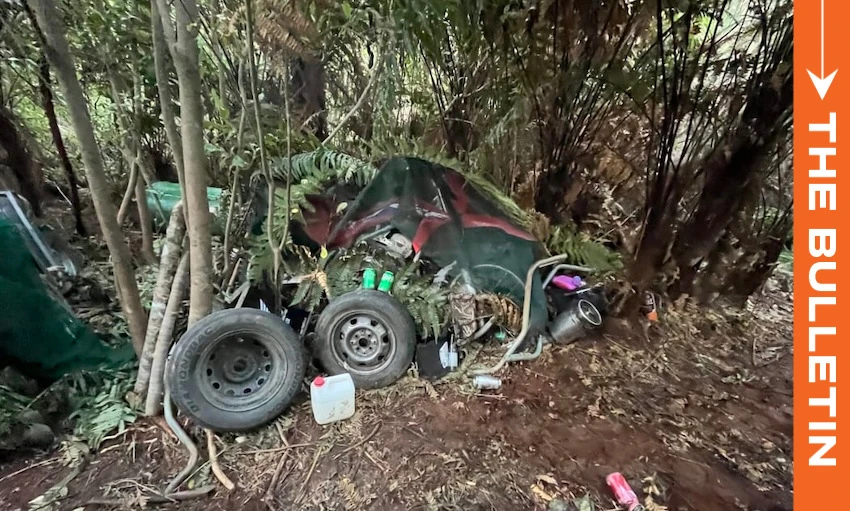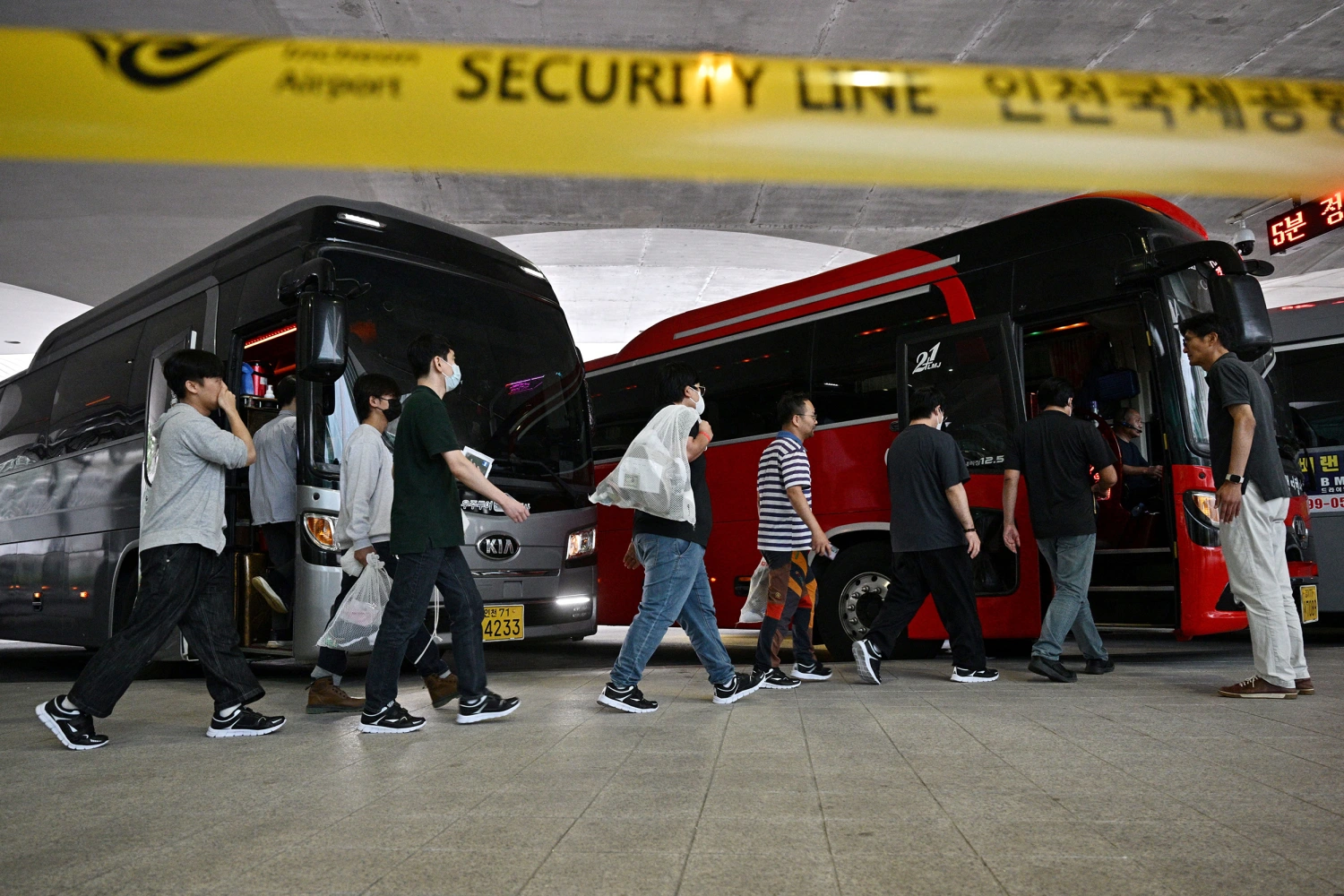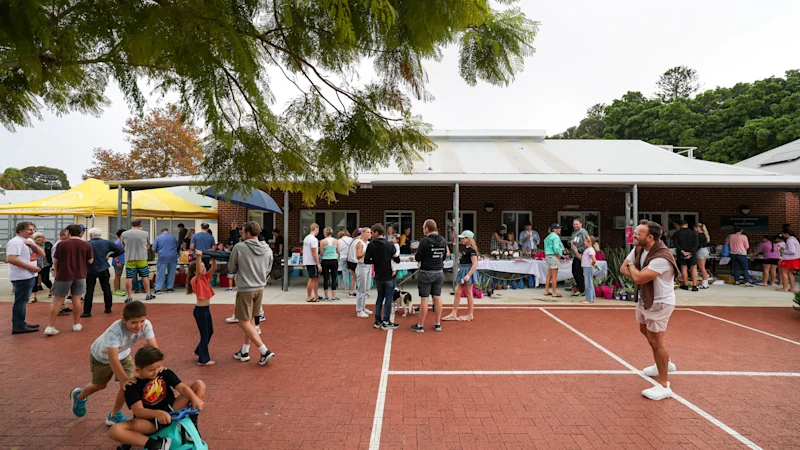By Catherine McGregor
Copyright thespinoff

Photos of the remote campsite have raised fresh questions about how the family were able to remain undetected for so long, writes Catherine McGregor in today’s extract from The Bulletin.
To receive The Bulletin in full each weekday, sign up here.
Phillips bush camp revealed
Police have released photos of a makeshift bush camp about 2km from where Tom Phillips was shot, showing a red quad bike under camouflage netting, spare wheels, tools and scattered supplies. Police commissioner Richard Chambers said Phillips had not stayed long at the site and was constantly on the move; the camp was “probably one of many” across rugged limestone country that made it “very easy to hide”, report the Herald’s Raphael Franks and Natasha Gordon. “Over the past four years, we have covered this terrain, this region a lot,” Chambers said. “It’s highly likely that we’ve been very, very close.”
The children are now in the care of police and Oranga Tamariki and described as settled and together, but psychologists warn the hardest work lies ahead, reports Stuff’s Phoebe Utteridge. Massey University’s Kirsty Ross said four years in an “echo chamber” with a single parent figure will have caused a profound lack of necessary socialisation, and reintegration will require careful, long-term support. The children’s mother has not yet been allowed to reunite with them.
Police probe possible support network
Detectives are now focused on who might have helped Phillips sustain life off-grid for nearly four years. While some recent King Country thefts and poaching might be linked to him, the cache at the camp – including multiple firearms and a second quad bike – suggests he may have had outside support. In November, when Stuff’s Tony Wall travelled to areas of the King Country with a connection to Phillips, he found widespread support for the fugitive among locals. Just last week, a woman in Piopio, where Phillips is believed to have robbed a superette, told Wall that “people are helping him because they believe those children are safer with him”. It’s not only potential material support that police will investigate, but whether Phillips was getting tip-offs that helped him dodge police searches for years.
Chambers has been adamant: Phillips’ actions were not heroic. “Any good parent… does not put [children] in these situations,” he said, calling Phillips a “motivated offender with intent to kill”. That view was echoed by Patrick Gower in a Stuff column on Tuesday. He argued that while custody disputes and frustrations with Oranga Tamariki can stir strong emotions, none of it absolves a father who kept children from their mother and repeatedly evaded lawful process.
Gower points to a deeper cultural instinct that complicates public judgment. “There is something in New Zealand that’s been part of us for a long, long time, that when someone is anti-establishment they … can be looked on as heroic in some kind of way.” In this case, he argues, the label does not fit: the courage belonged to the wounded police officer, to his colleagues who recovered the children safely, and to family members who sought a peaceful end to the long-running stand-off.
Renewed interest in police body cameras
The lack of video evidence of Phillips’ confrontation with police has renewed calls for officers to be provided with body-worn cameras. RNZ’s Nik Dirga reports that Commissioner Chambers supports introducing them for frontline staff and says work is under way on the legal, privacy and operational issues that would arise from their use. Police minister Mark Mitchell has voiced his support but says the decision is for the commissioner, who needs to bring his recommendations to the government. Other public-facing agencies – including Corrections, court bailiffs, fisheries officers and some Auckland Transport parking compliance teams – already use body-cams.
Cost is also an issue: a 2021 report by the Police Association union noted that in 2020 the Baltimore Police Department spent NZ$50 million to store data collected, Dirga writes. “As well as the extra physical space required for camera-docking stations, additional staff may be needed to maintain data storage and handle requests from the public to view footage,” that report noted.
Veteran reality TV producer Julie Christie is making a documentary about the case, and other media are upset about the exclusive, behind-the-cordon access her team has been given. (NZ Herald, paywalled)



